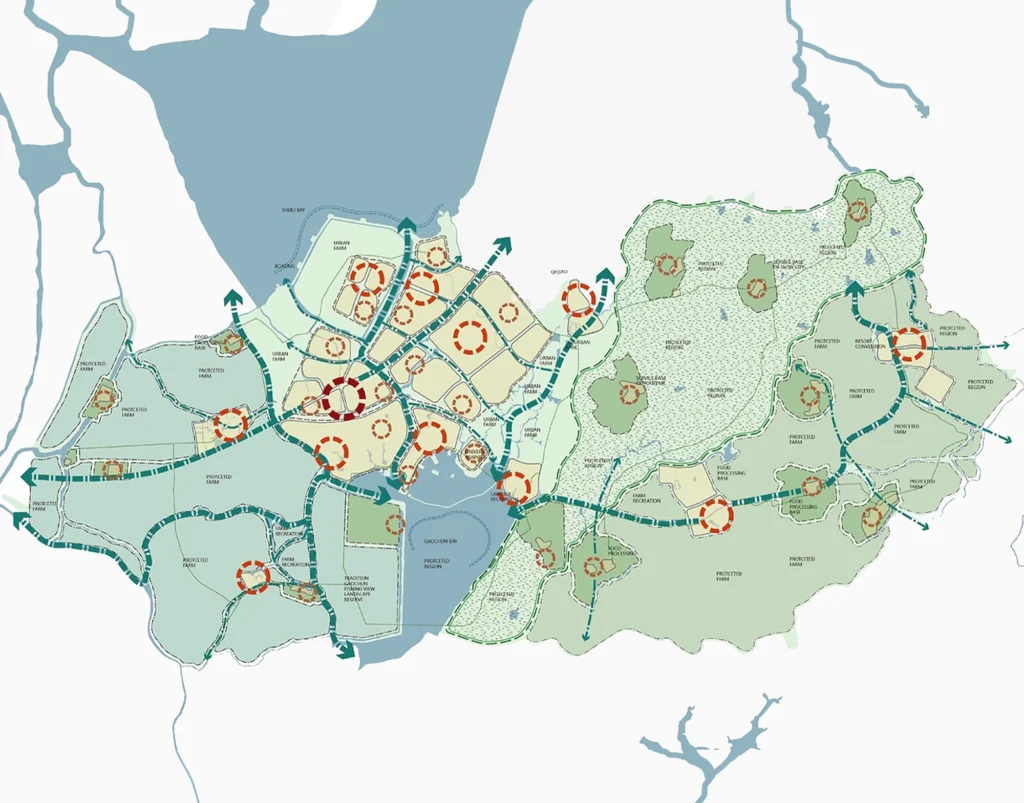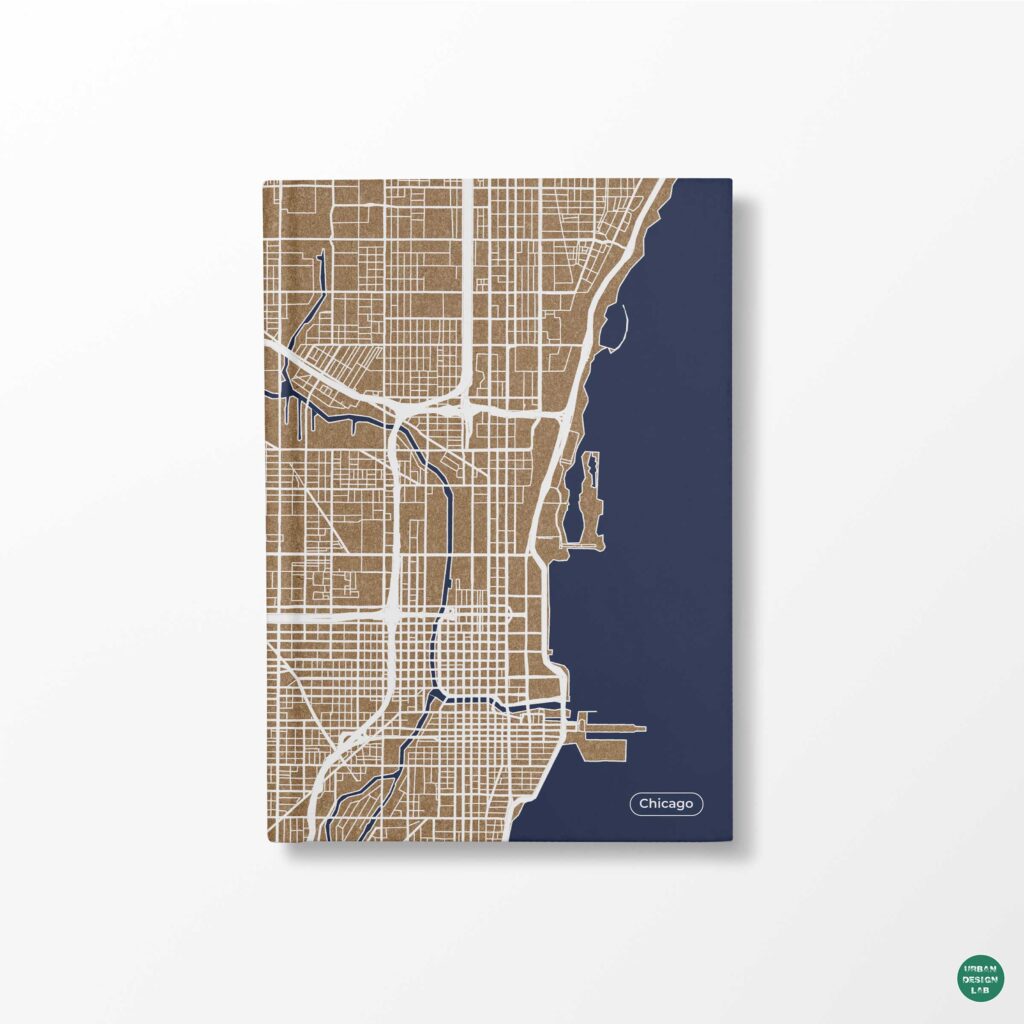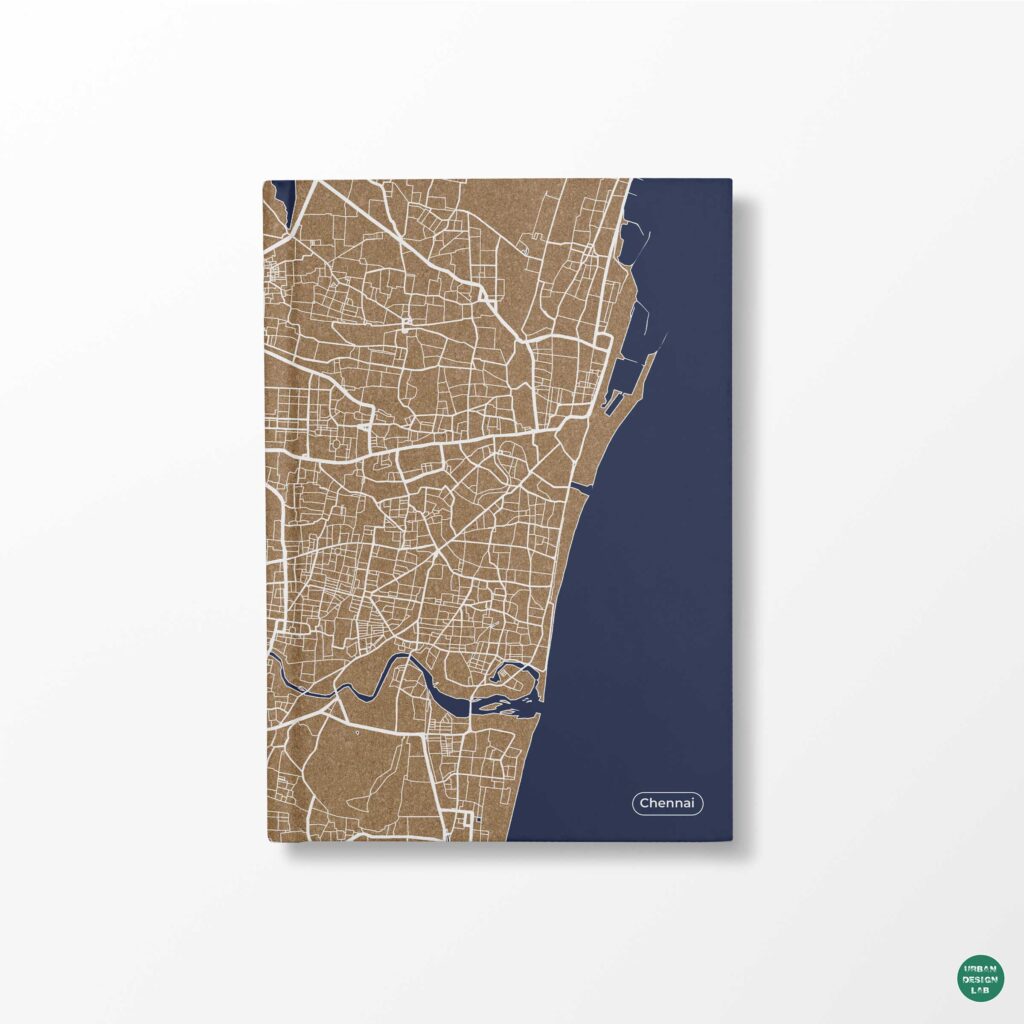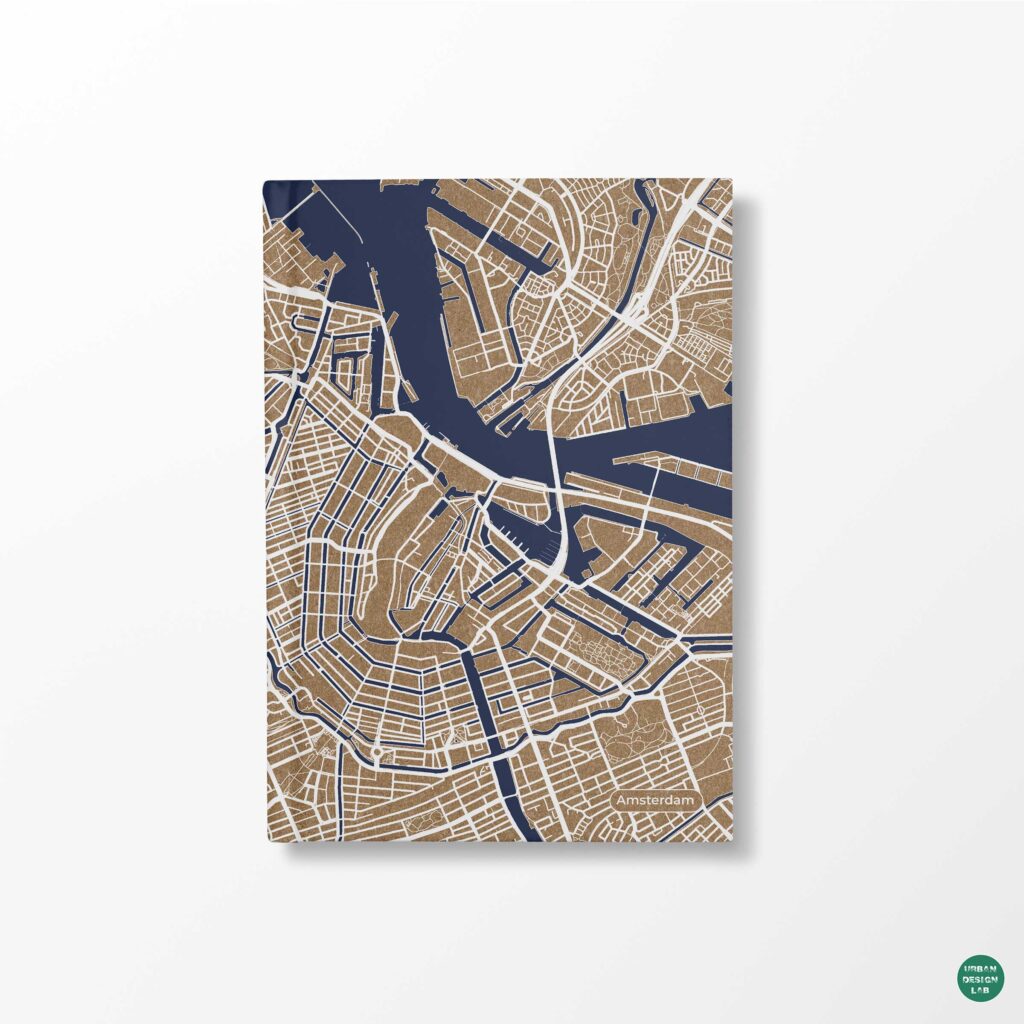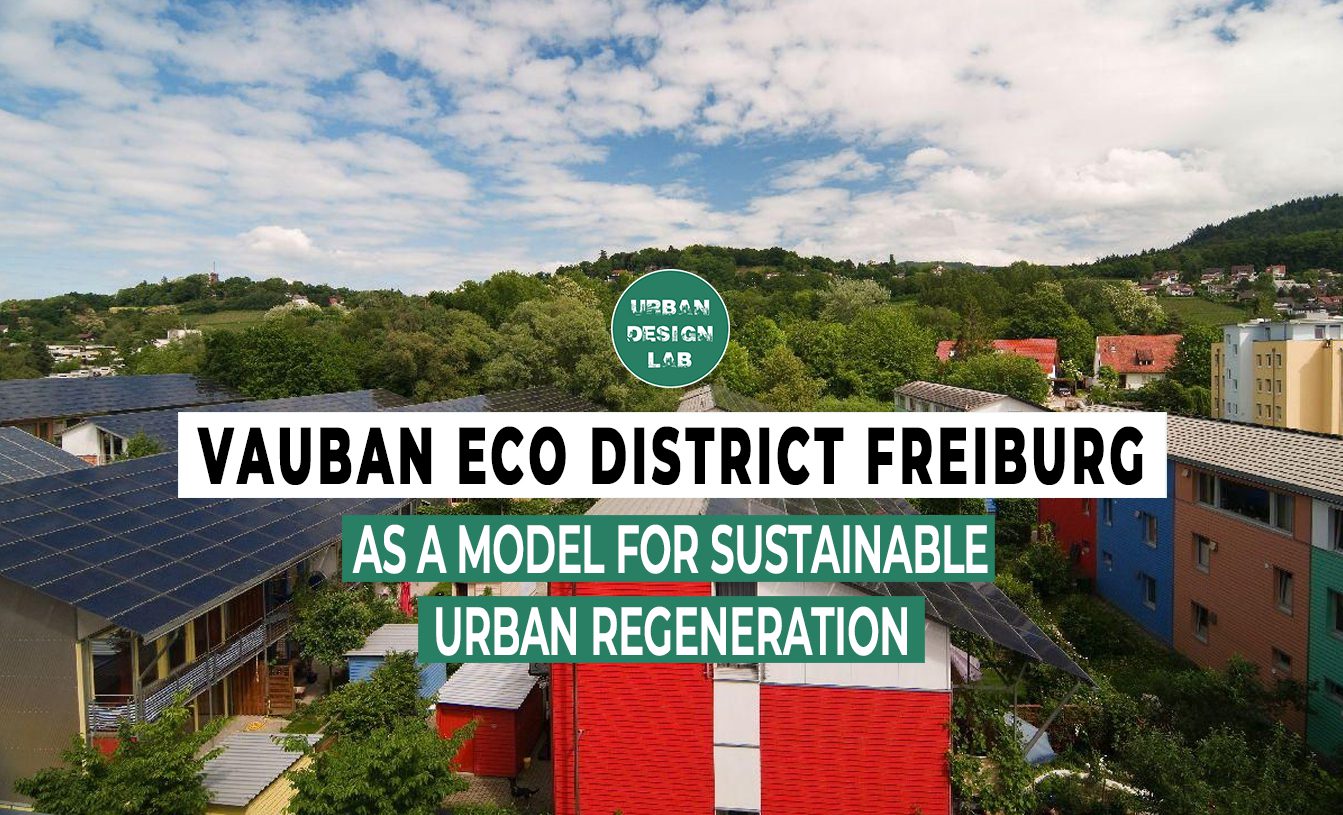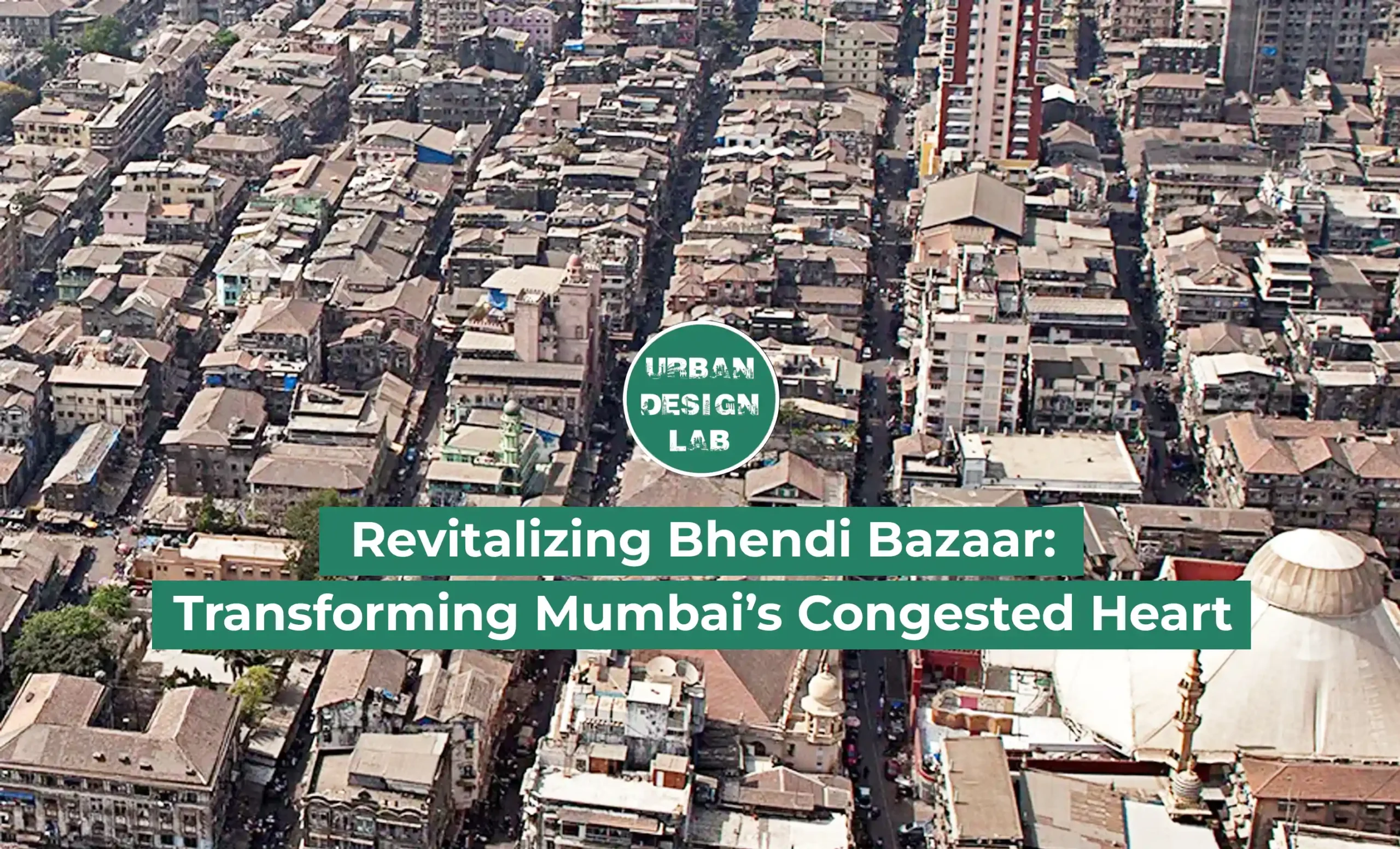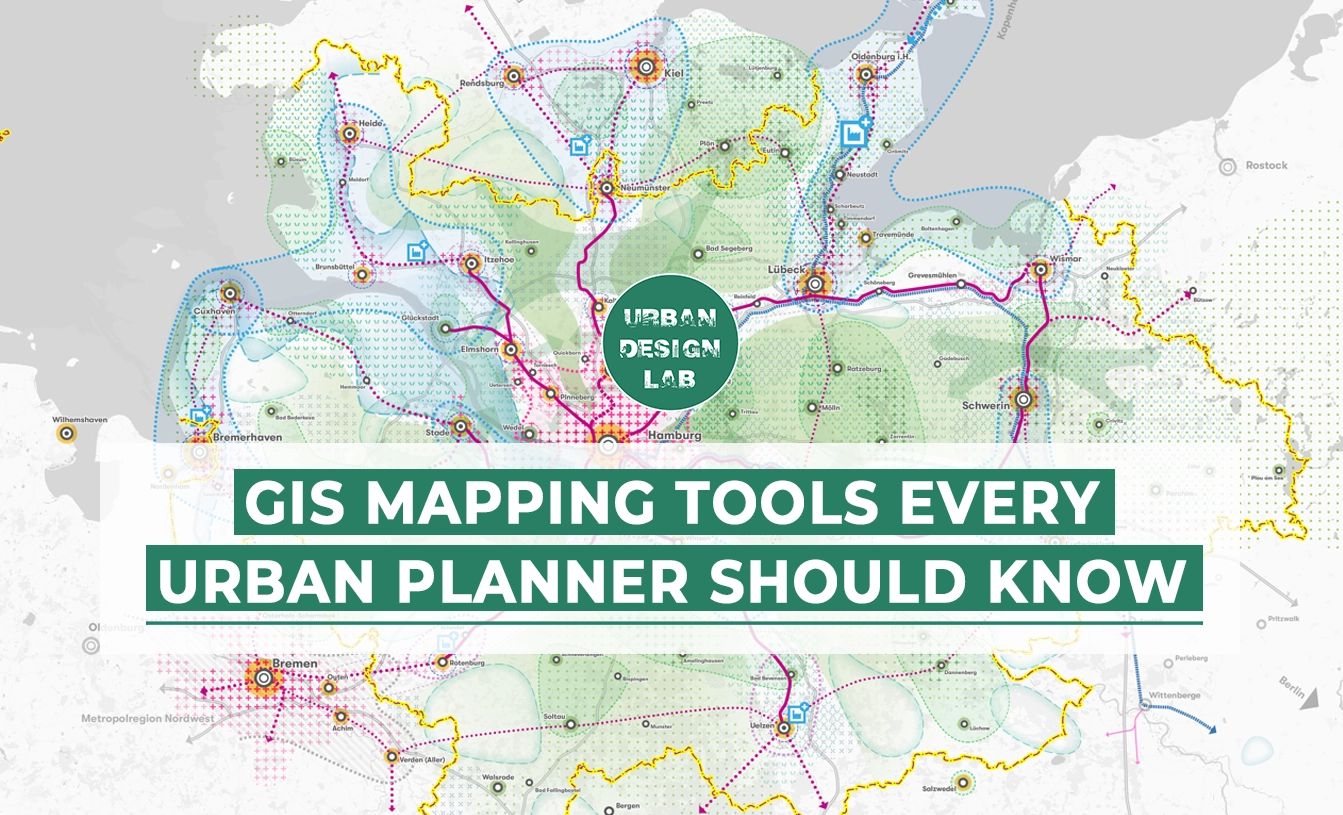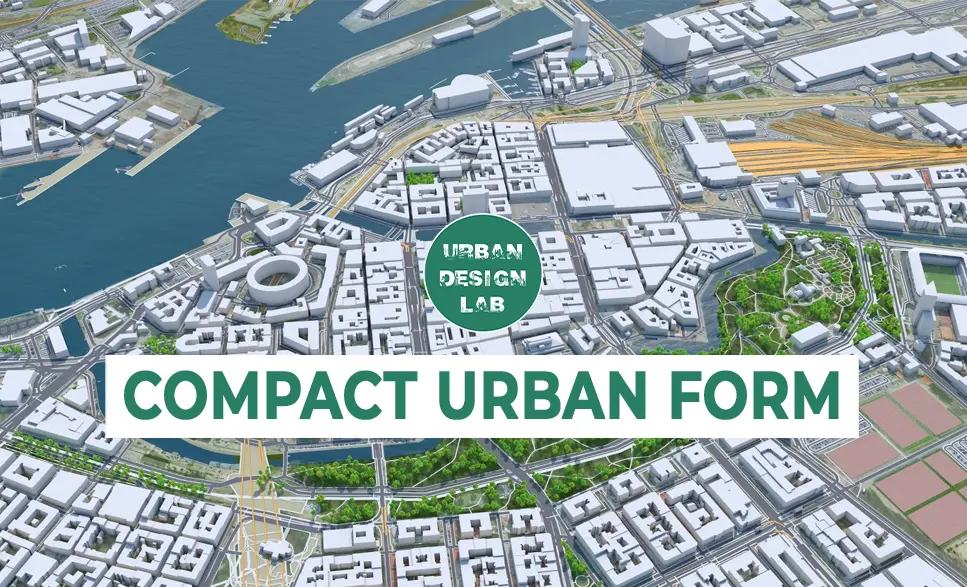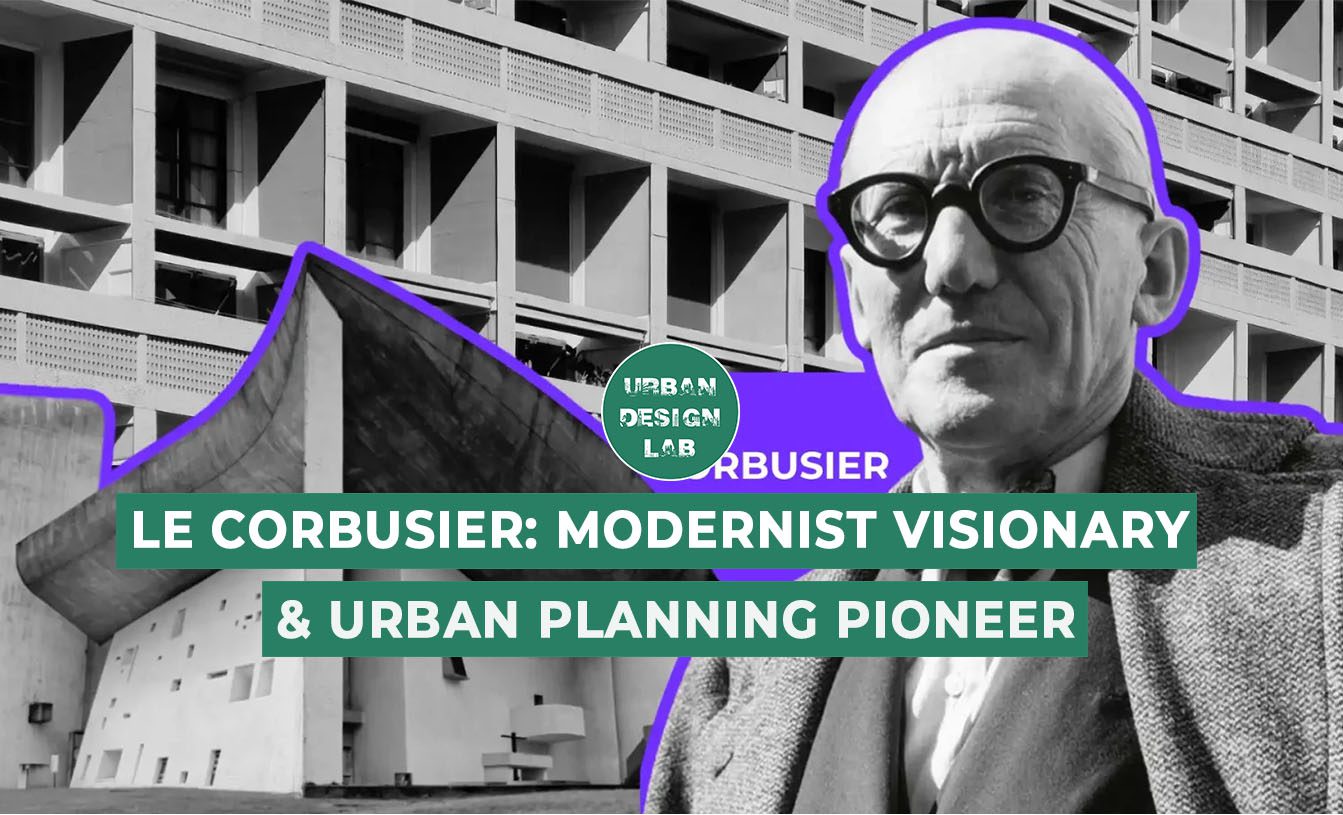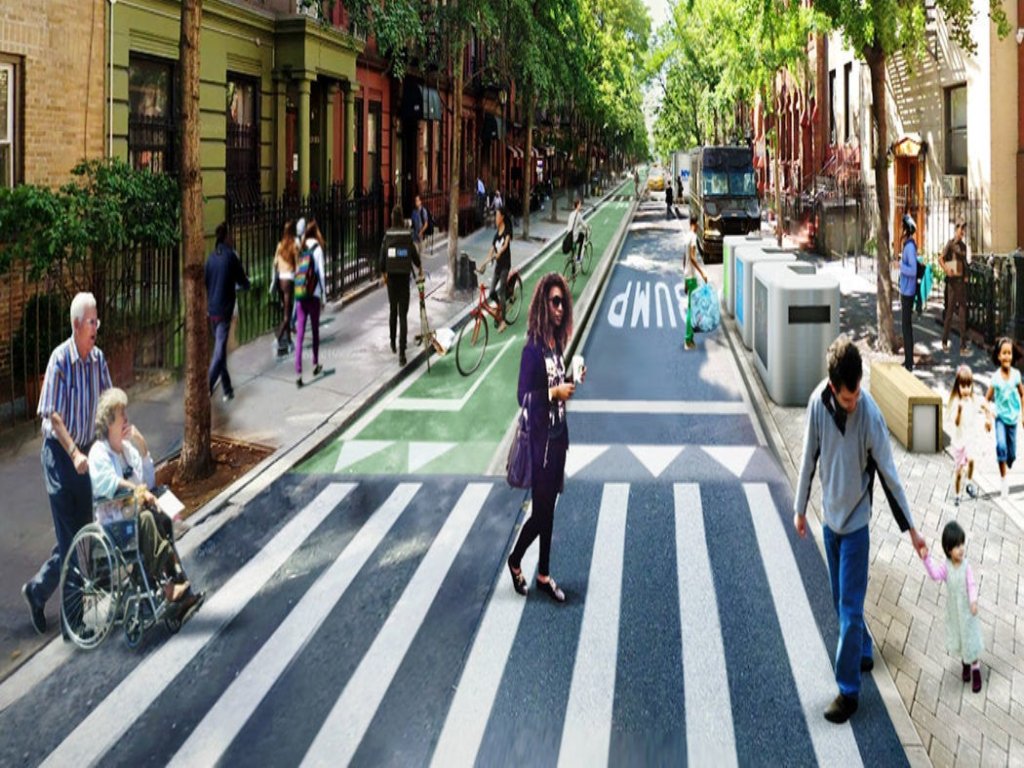
People Over Parking: Transforming Cities by Eliminating Parking Minimums
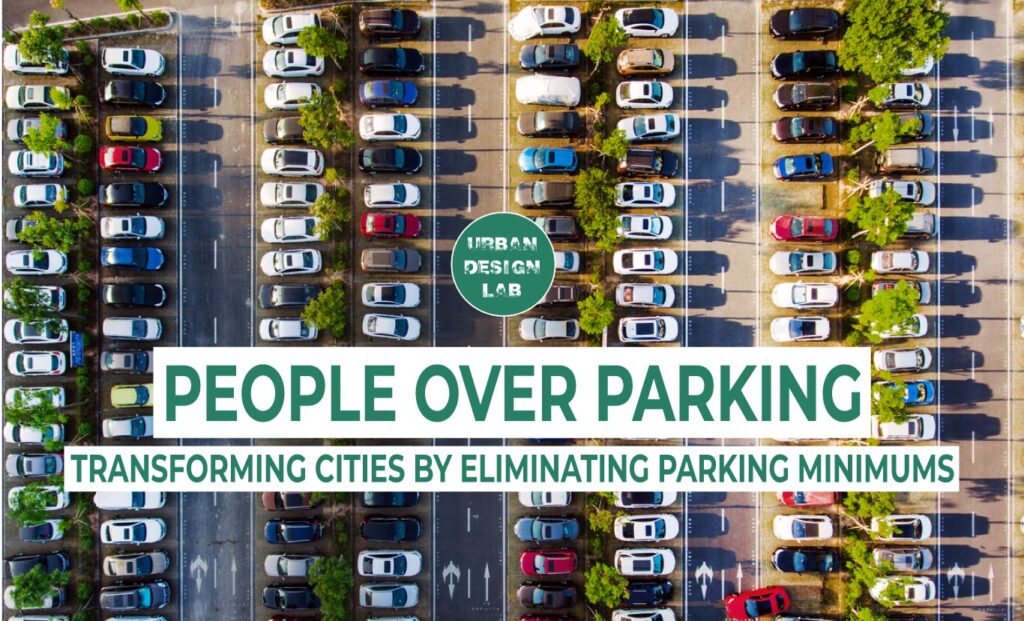
It can be unsettling for tourists and locals to come upon broad, deserted roadways that are primarily intended for heavy traffic, forcing people to cram themselves into constrained walkways and endanger their lives as they cross the roads. Large parking lots deter people from walking, bicycling, or taking public transportation by giving the impression that the neighborhood is lifeless and chilly. It serves as a stark reminder of the significant impact that vehicles have had on urban architecture.
Imagine streets that are alive with people instead of congested with tarmac and dominated by automobiles. It’s possible that Minnesota and many other locations throughout the planet could soon experience this. Senator Omar Fateh of Minnesota has proposed a measure to do away with the state’s minimum parking restrictions. The “People Over Parking Act,” like previous laws passed in London, Mexico City, California, Texas, and other places, gives hope for a day when people’s needs will take precedence over automobiles in our built environment.
Better accessibility and more transportation reform are being pushed for in our urban surroundings by a large-scale urban planning movement. Even the US House of Representatives is debating a plan that would do away with parking minimums for newly built homes.
Our cities’ growth has long been defined by minimum parking regulations, which have taken up vast tracts of land that might be utilized for a variety of housing options, public areas, and vibrant communities. Our cities become less appealing and habitable as a result of this unsustainable approach.
Change is finally happening and has the potential to improve the way our cities are shaped, thanks to both current and prospective reforms. This Minnesota bill would do away with antiquated minimum parking regulations statewide, which may improve housing accessibility and affordability by 10% to 20%, promote environmental sustainability, and help small businesses by establishing vibrant, accessible public areas.
Endorsed by Strong Towns
Strong Towns, a national organization committed to fostering robust local communities by advocating for smart and fiscally responsible policies, has endorsed this bill. This marks the first time Strong Towns has ever supported a piece of legislation, demonstrating the significance of this initiative. Additionally, they are confident that the People Over Parking Act will serve as a catalyst for creating financially strong, resilient towns that cater to the needs of people, not just cars.
What are some key benefits of eliminating parking requirements in cities? These changes would impact almost every aspect of urban life, including:
Housing Affordability
Eliminating minimum parking requirements enables developers to construct more units on the same lot, significantly lowering housing costs. This shift can save homeowners $40,000 to $75,000 per housing unit with no minimum parking mandates. For instance, cities like San Francisco, which have eliminated minimum parking mandates, save homeowners between $40,000 to $75,000 per housing unit by avoiding the high costs of constructing parking spaces. As a result, cities like Minneapolis have seen a tangible increase in housing affordability. For example, in 2021, the Minneapolis City Council voted unanimously to eliminate the city’s parking minimum requirements. The city has since experienced an increase in housing affordability. Additionally, a report from the Federal Reserve Bank of Minneapolis found that there’s been a significant increase in the housing supply in the Twin Cities.
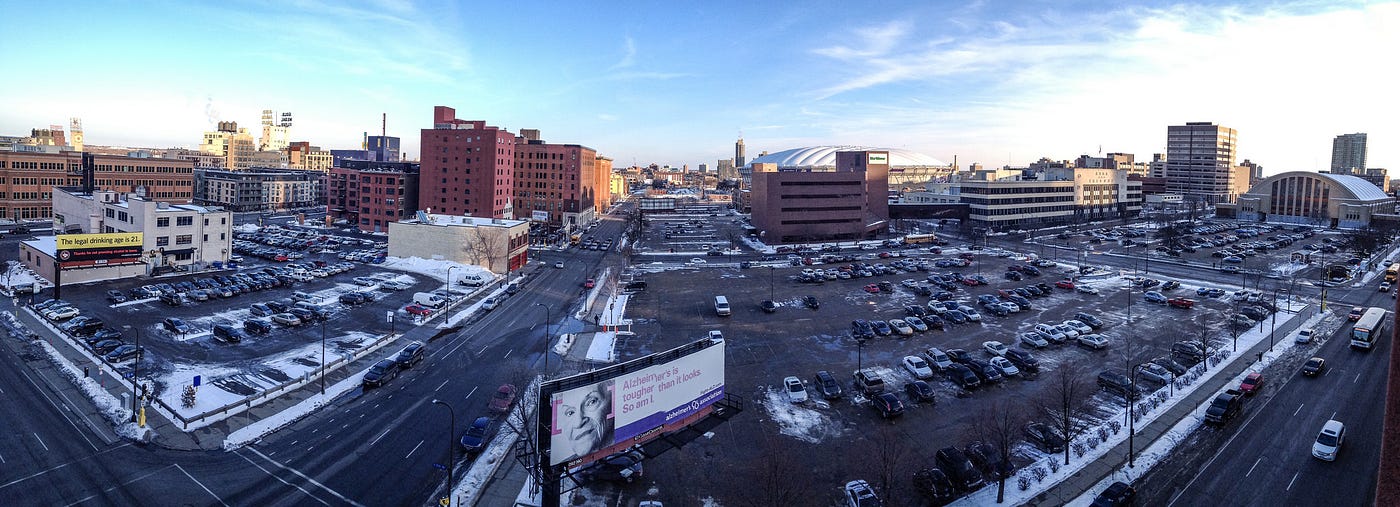
Environmental sustainability
By shifting focus away from parking, these reforms will encourage more people to take public transportation, bike, or walk instead of driving. One study found that people take 20% to 40% fewer trips in compact walkable neighborhoods compared to car-dependent suburbs fueled by sprawl. This yields lower car emissions and less environmental damage in car-dependent areas. Likewise, these reforms can reduce the amount of land dedicated to parking lots and allow for more sustainable development.
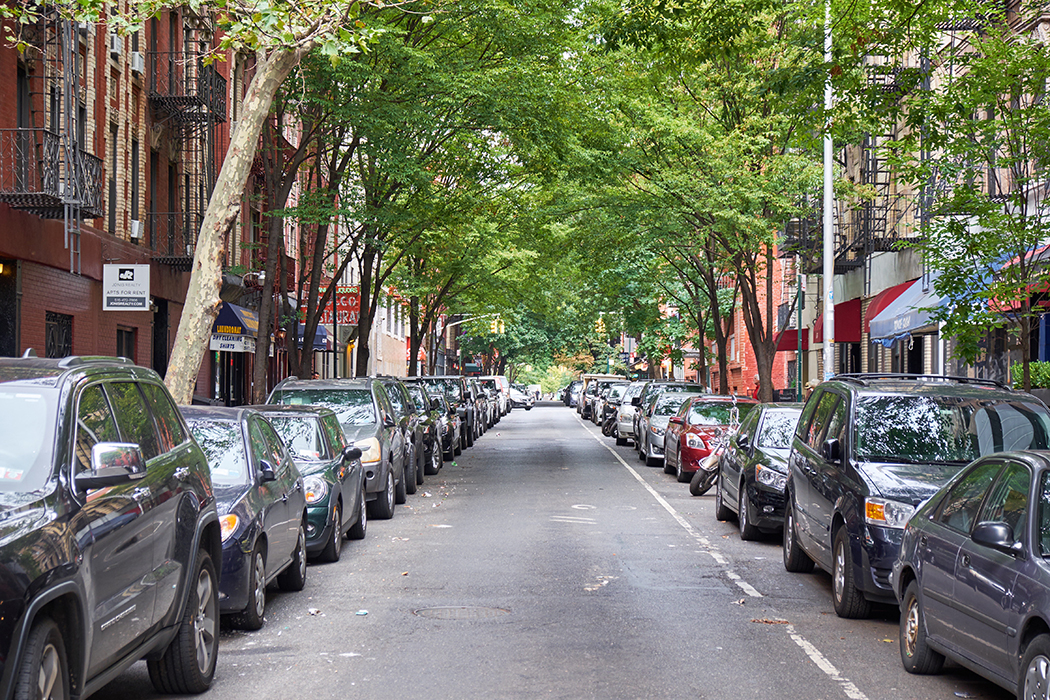
Foot Traffic to Businesses
Lively and walkable spaces attract foot traffic that benefits local businesses. Additionally, eliminating parking minimums allows small businesses to benefit from lower rent or property costs than those in car-centric areas, ultimately freeing up additional resources for businesses to invest in growth and development. Many cities have successfully removed or reformed parking minimums, showing positive outcomes. In 2021, Minneapolis became the first major US city to eliminate parking minimums. In a report by Pew Charitable Trusts, the city saw an increase in housing units, reducing costs by 10-20%, and 19% more land has become available for building. Street parking remained steady, encouraging mixed-use projects, and decreasing reliance on cars for a more sustainable future. Other cities that have eliminated parking requirements include Berkeley and Sacramento, California; Austin, Texas; London; and Mexico City.
Increased adoption of measures eliminating parking requirements means this movement is growing in popularity as more cities recognize the tangible benefits of such a change. Cities seeking continued viability and economic growth would be wise to adopt similar measures. They would see immediate and long-term benefits and make their cities more livable, navigable, and environmentally friendly.
If you’d like to get involved with similar initiatives in your city, engage with your local government and state legislature to discuss the benefits of eliminating parking requirements. There are also national organizations, such as the Parking Reform Network, that can help empower you to advocate. Finally, you can spread the word to family and friends and educate them about the adverse effects of car-focused urban planning and policy.
Sumayya Farah is a public health professional and community organizer, including experience working with the Minnesota Department of Health. She is the Co-founder and Chief Operations Officer of Nolosha, an organization designed to increase quality of life for the underserved East-African community in Minnesota by addressing the social determinants of health. Farah graduated from St. Catherine University with a Bachelor’s in Public Health.
Related articles


Architecture Professional Degree Delisting: Explained

Periodic Table for Urban Design and Planning Elements
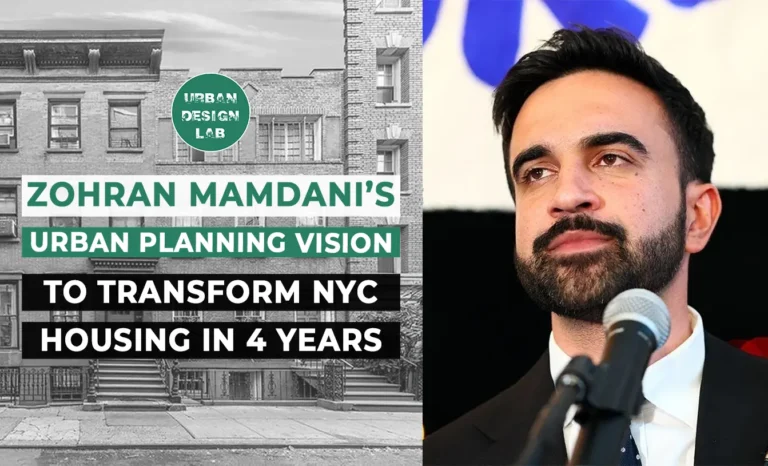
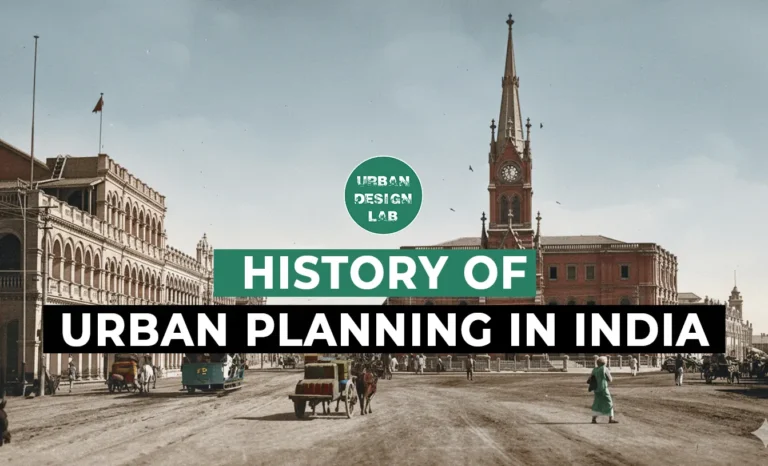
History of Urban Planning in India
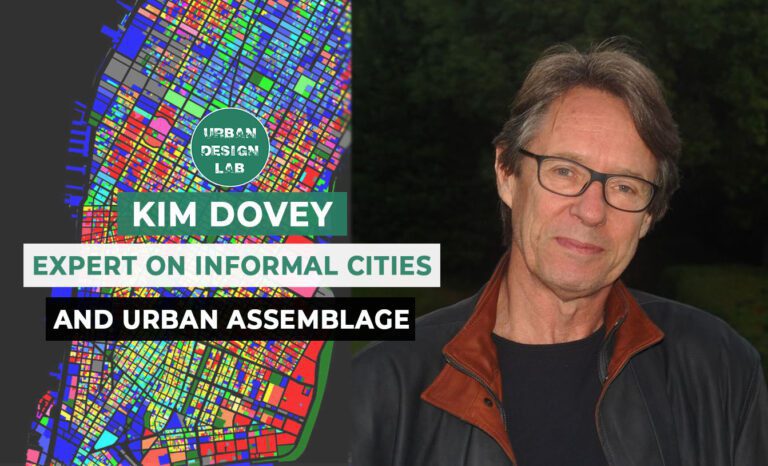
Kim Dovey: Leading Theories on Informal Cities and Urban Assemblage
UDL GIS
Masterclass
GIS Made Easy – Learn to Map, Analyse, and Transform Urban Futures
Session Dates
23rd-27th February 2026

Urban Design Lab
Be the part of our Network
Stay updated on workshops, design tools, and calls for collaboration
Curating the best graduate thesis project globally!

Free E-Book
From thesis to Portfolio
A Guide to Convert Academic Work into a Professional Portfolio”
Recent Posts
- Article Posted:
- Article Posted:
- Article Posted:
- Article Posted:
- Article Posted:
- Article Posted:
- Article Posted:
- Article Posted:
- Article Posted:
- Article Posted:
- Article Posted:
- Article Posted:
Sign up for our Newsletter
“Let’s explore the new avenues of Urban environment together “






